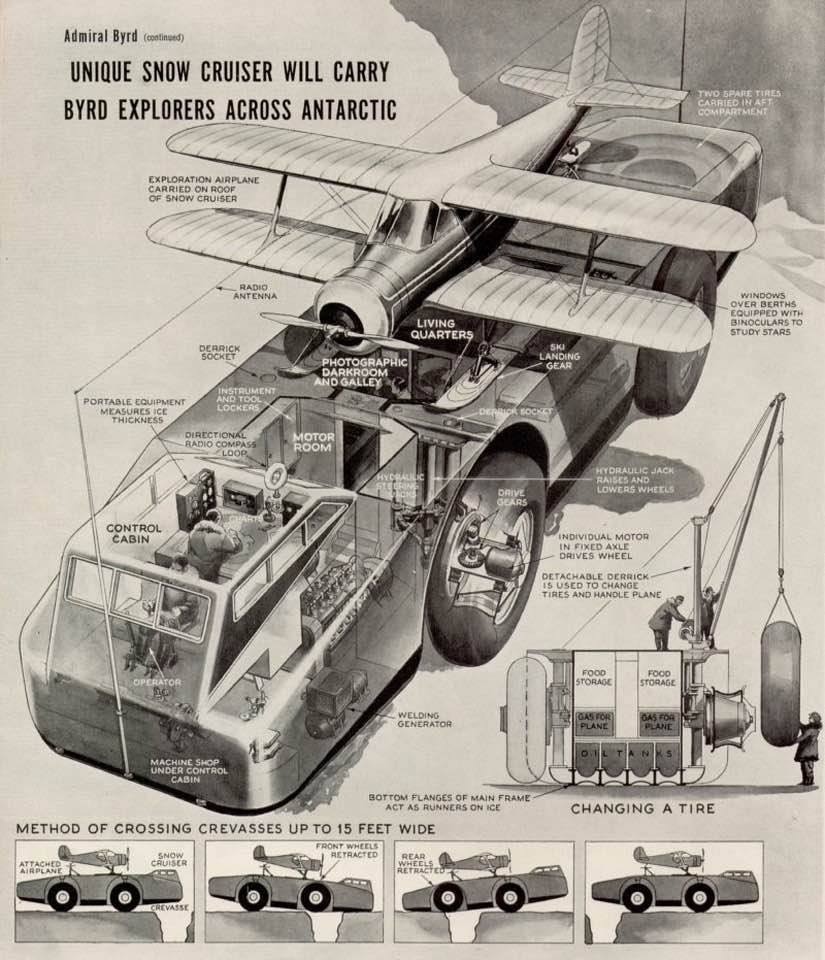https://en.wikipedia.org/wiki/André_Chapelon
That's the guy I was talking about (and probably massacred the name !)
And some of its late works, superlative performance and superlative look altogether. Alas, by 1955,french electric and diesel locomotives already broke the 300 km/hour barrier.
http://thierry.stora.free.fr/english/chapelon_plans.htm
https://redcdn.net/hpimg11/pics/644623Gelsa242planR.jpg
Jean Bertin and his Aerotrain is another example of a dead-end, although excellent, advanced train technology. Also the 1972 TGV-001 (318 km per hour) was gas turbine and not (nuclear) electric. The oil shock send both Aerotrain and gas turbine TGV to the graveyard.
Space Launch Vehicle is also a graveyard of advanced or clever concepts never build for whatever reason. And SpaceX BFR/BFS may brutally accelerates that trend and soon make a lot of past, present and even future launch vehicles utterly obsoletes (all the way from Apollo to Shuttle to SLS including X-33, X-34, X-38, Hermes, Ariane 5, Proton... and countless others !)
Falcon Heavy by itself has already brought back the Triamese of 1968 and also fully realized the lost promises of the initial Space Shuttle of 1969 (that is: partially reusable: check. 23 mt to orbit: check. Launch 20, 30 times a year: check. Reusable booster: check. Drop the cost of space launch by a factor of 10: check. Manned and cargo vehicle to a space station: Dragon and Dragon 2, check)
That's the guy I was talking about (and probably massacred the name !)
And some of its late works, superlative performance and superlative look altogether. Alas, by 1955,french electric and diesel locomotives already broke the 300 km/hour barrier.
http://thierry.stora.free.fr/english/chapelon_plans.htm
https://redcdn.net/hpimg11/pics/644623Gelsa242planR.jpg
Jean Bertin and his Aerotrain is another example of a dead-end, although excellent, advanced train technology. Also the 1972 TGV-001 (318 km per hour) was gas turbine and not (nuclear) electric. The oil shock send both Aerotrain and gas turbine TGV to the graveyard.
Space Launch Vehicle is also a graveyard of advanced or clever concepts never build for whatever reason. And SpaceX BFR/BFS may brutally accelerates that trend and soon make a lot of past, present and even future launch vehicles utterly obsoletes (all the way from Apollo to Shuttle to SLS including X-33, X-34, X-38, Hermes, Ariane 5, Proton... and countless others !)
Falcon Heavy by itself has already brought back the Triamese of 1968 and also fully realized the lost promises of the initial Space Shuttle of 1969 (that is: partially reusable: check. 23 mt to orbit: check. Launch 20, 30 times a year: check. Reusable booster: check. Drop the cost of space launch by a factor of 10: check. Manned and cargo vehicle to a space station: Dragon and Dragon 2, check)
Last edited:






